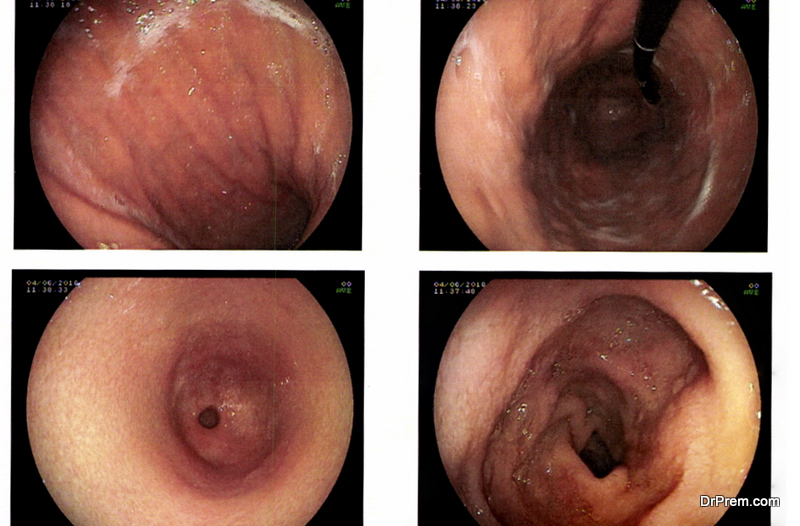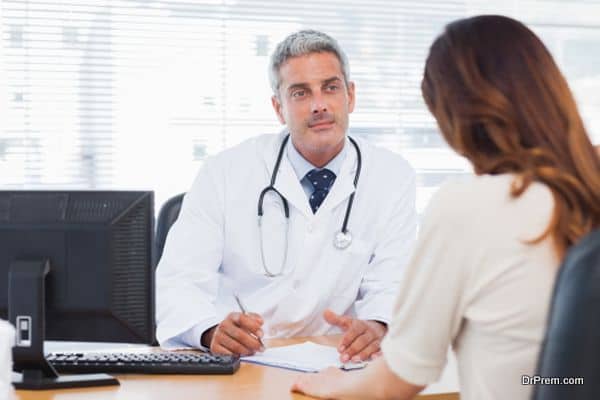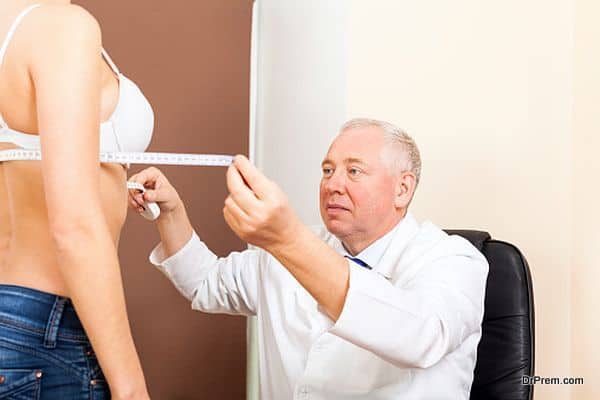Esophagogastroduodenoscopy (EGD) procedure is performed by a gastroenterologist, to examine inner lining of the esophagus (the swallowing tube), stomach, and upper duodenum (the first portion of small bowel) with the help of endoscope (a thin flexible tube attached with camera).
Additional information about the procedure
Preparation for the procedure
- Patient is not allowed to eat or drink 6-8 hours prior the procedure
- Inform the surgeon about allergies, current medications and major health problems such as heart or lung disease prior to schedule the procedure
- Arrangement of someone who can drive away back and for help after the procedure.
During the procedure
- EGD is generally performed in an outpatient surgical department and generally lasts for about 10 to 20 minutes.
- Patient needs to lie on the left side on the examination table, and may have the throat sprayed with anesthetic solution to suppress the cough and gag when the endoscope is inserted
- Sedation and pain alleviating medication are given by IV through arm
- The flexible endoscope is passed through the mouth into the esophagus and gradually inserted up to stomach- duodenum to view the respective body parts
- Tissue sample (biopsies) may be taken in suspected cases of cancer
- In some cases stretching or widening of a narrow esophagus may be done during procedure
- Patient may be observed for few hours post procedure in the recovery room; food and liquid may be restricted for some hours post procedure
Risk and complication
EGD is relatively safe procedure and complications are rare when performed by experienced gastroenterologist. However, a few of the complications associated with EGD include reaction to anesthetic medication, bleeding at the site of biopsy.
Uses of EGD
The EGD is performed to
- detect the inflammation or abnormalities of esophagus, stomach and duodenum
- take tissue sample (biopsies) in suspected cases
- know the cause and site of internal bleeding
- evaluate the healing of the gastric ulcers
- evaluate the cause of specific symptoms such as upper abdominal pain, nausea or vomiting, heart burn, difficulty in swallowing, unexplained anemia and weight loss without noticeable reason.
Travelers guide
- Medical tourist is advised to select an experienced gastroenterologist to perform the procedure
- Select the hotel near the hospital and preferably a room on the ground floor
- Patient can expect to travel back next day after the procedure. However, patients who intend to wait for the biopsy report may require to stay for a few more days post procedure
- Patient is not advised to drive for 24 hours post procedure






